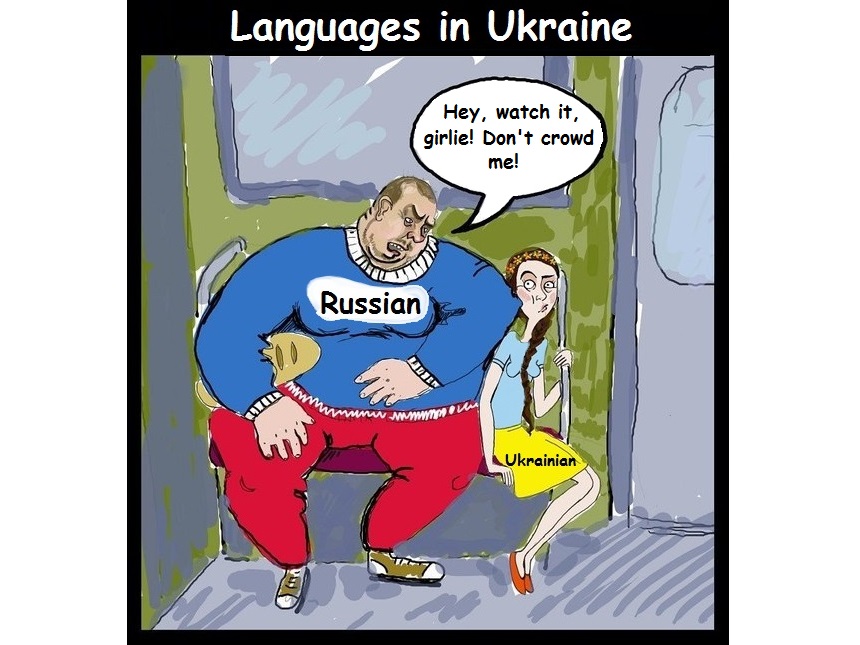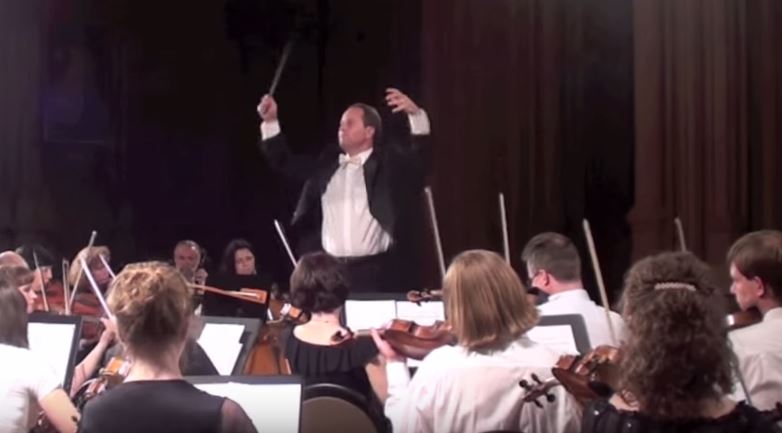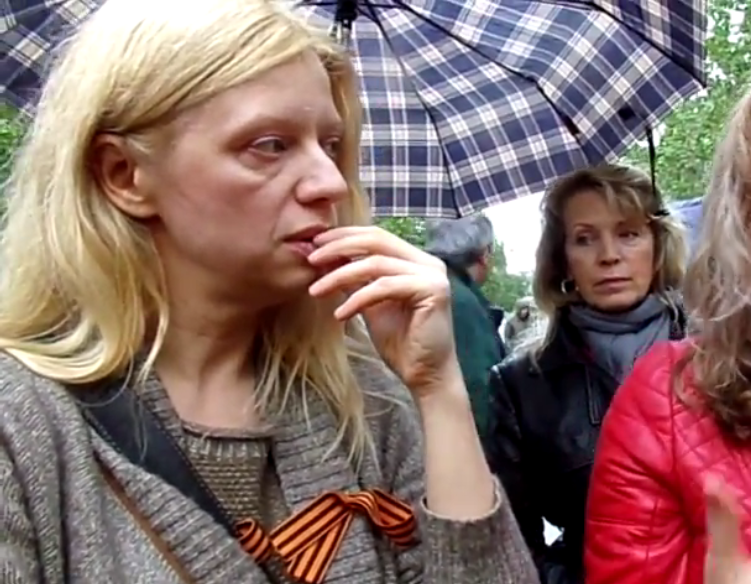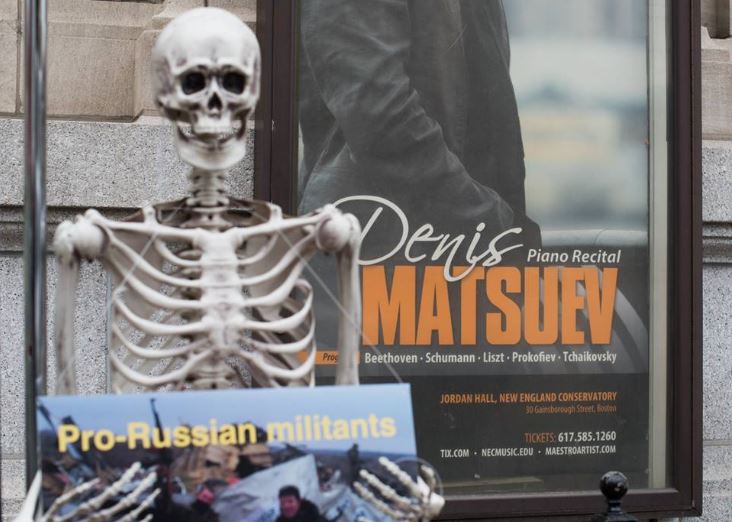Related:
- Chronology of the Ukrainian language's 134 prohibitions in 400 years
- Education Minister Serhiy Kvit: "There can be no Ukraine without the Ukrainian language"
- Soldiers of Dnipro-1 Battalion go back to school to improve their Ukrainian language
- Why and how we must support the Ukrainian language
- The Ukrainian language as a worldview marker
- Poland creates free online courses for Polish and Ukrainian languages
- Foreign ears: what foreigners are saying about the Ukrainian language
- Burning of Ukrainian-language books continues in Crimea
- Russia's actions in occupied Crimea show how Moscow plans to destroy non-Russian languages in Russia itself




